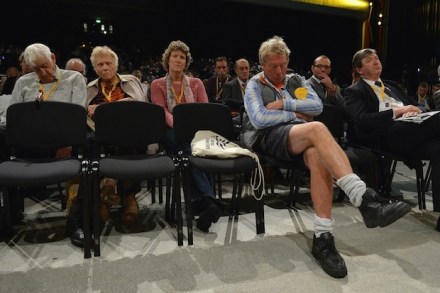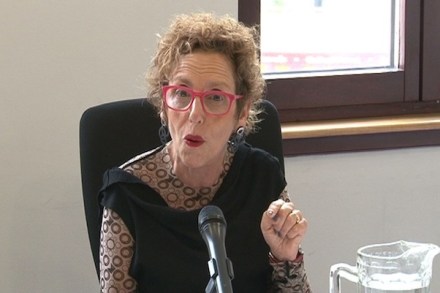Lib Dem conference: Saturday fringe guide
Every morning throughout party conference season, we’ll be providing our pick of the fringe events on Coffee House. Today is the first day of the Liberal Democrats’ conference in Glasgow so the pick of the fringes is a little sparse to say the least. But some cabinet ministers will still be making appearances throughout the day: Title Key speaker(s) Time Location Action for Land Taxation & Economic Reform film showing and Q&A Vince Cable 13:00-14:00 SECC, Leven Jobs and apprentices Q&A Vince Cable and Jo Swinson 16.30-17.30 Alsh 1 A Million Jobs for a Stronger Economy rally Nick Clegg and Paddy Ashdown 18:30-19:30 SECC, Clyde Auditorium Green industrial policy: a




















